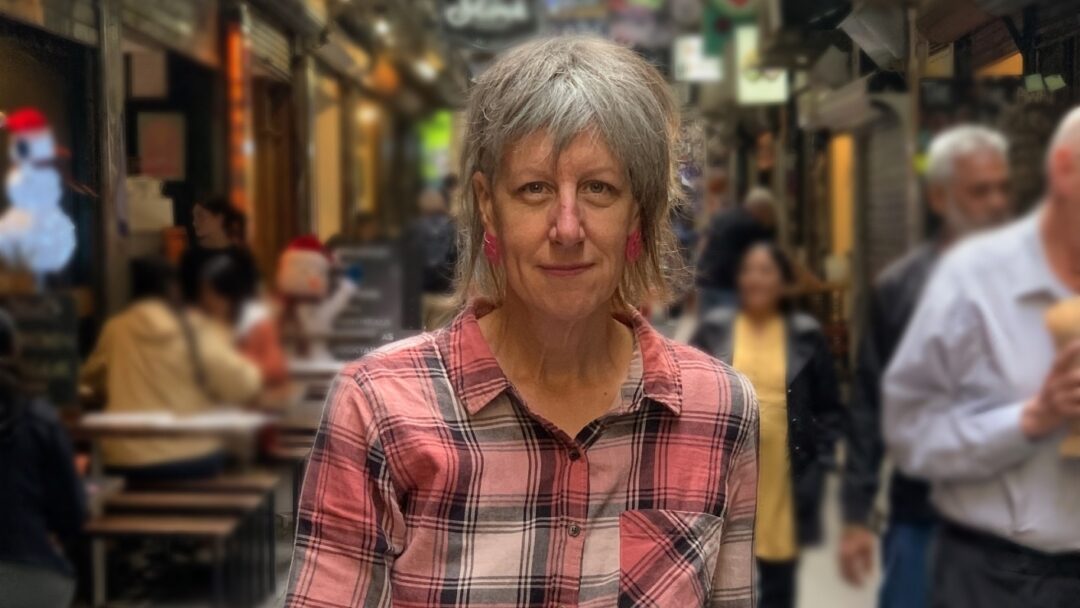News
Many within the complex mental health community are calling for their conditions to be recognised as legitimate disability, arguing they experience similar symptoms and discriminatory attitudes as a result of their diagnosis.
Skitsy Inc CEO, Heidi Everett, who lives with schizoaffective disorder and eating disorders “resulting from complex trauma,” founded Skitsy Inc which provides artist development and vocational pathways to artists with lived experience of diverse complex mental health.
She argues that complex mental health should be considered a disability because the conditions arise from developmental issues, coping mechanisms and social determinants relating to ableist attitudes.
I definitely do consider complex mental health as a disability because it ticks all the boxes. Mental illness is actually a mental injury and it's often the injury that is harder to heal from than the illness.
Heidi Everett
According to the Australian Institute of Health and Welfare, mental health conditions can be both a cause and an effect of disability, and often involve activity limitations and participation restrictions beyond communication, mobility and self-care.
James Harkness lives with schizoaffective disorder, autism spectrum disorder, and ADHD.
Here, Mr Harkness explains what a psychotic episode feels like:
I can't concentrate on anything because I experience delusional thoughts. I get what's called ideas of reference, which is where I'll read a newspaper or watch something on TV or listen to the radio and think there's secret messages for me.
James Harkness
“One thing that happens when I get unwell is I start laughing to myself. I’ve been out in public and I've had a big laugh. I was inadvertently staring at someone and it would have appeared that I was laughing at them.”
However, Mr Harkness clarifies that although he knows his condition can make some people feel uncomfortable and unsafe, he says he is more likely to hurt himself.
“People think that psychotic means danger and violence. The reality is that people with a psychotic condition are actually far more likely to be victims of violence than perpetrators.”
An estimated 880,000 Australians over 18 years of age are living with complex mental illness in any year, including schizophrenia, bipolar disorder, along with many others, according to Sane Australia.
Sane Australia is an advocacy organisation that takes a whole person approach, offering a range of free support services as well as conducting practical research to drive policy change and support greater inclusion for people with complex mental health issues.
Sane Australia’s peer-led Recovery Program Manager, Anu Dhingra, argues that it is important to recognise the intersectionality between different forms of disability and additional life circumstances.
A person with a psychosocial disability can also have a physical disability…experience homelessness…experience domestic violence…experience a financial crisis…it’s the cumulative effect that makes it also very challenging because you're having to access separate supports.
Anu Dhingra
Mr Dhingra says Sane is dedicated to providing cohesive service and well rounded support to anyone who requires it. He also believes simply asking how people are can make all the difference to someone’s wellbeing.
“You don't need to have all the answers when you're checking in with someone. Just knowing that you're there can be hugely important.”
If you would like to know more about Mental Health support, click here.
If you are experiencing any signs of distress, you can access Lifeline's free support by calling 13 11 14 or access their 24/7 online chat service through the Lifeline Australia website.
